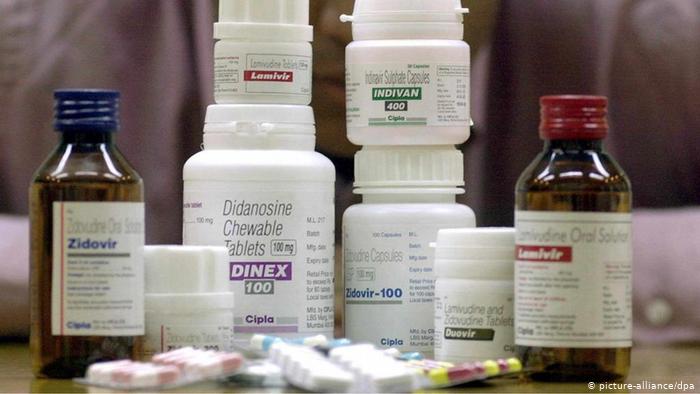A global coalition of twenty-nine (29) public policy research institutes and think tanks have called on various governments to commit to simple reforms that will accelerate access to medicines, including those in the process of being developed for Covid-19 saying the reforms will have benefits that last beyond the current pandemic.
Their call comes prior to the gathering of member states of the World Health Organization next week in Geneva for the World Health Assembly.
The think thanks in a statement urged governments to keep trade free and remove tax and regulatory obstacles, in order to promote access to COVID-19 medicines adding that they believe, collaboration, open trade and innovation is crucial to the response to Covid-19.
The coalition further noted that, some reforms to help accelerate access to medicines will be to reduce unnecessary medicine costs by abolishing tariffs and taxes on medical supplies and medicines, rejecting export bans on medical supplies and reduce customs red tape.
According to the institutes in the statement, import tariffs, sales taxes and other levies are applied by many countries on medicines and vaccines, driving up prices and reducing availability.
“In the majority of developing countries, most healthcare costs are met directly out of pocket due an absence of functioning healthcare insurance and delivery. To improve access to medicines, governments should take steps now to remove unnecessary medicine price inflators, many of which are self-imposed.”

It further noted that, in many countries domestic taxes can make up 20-30% of the final price people pay for medicines and urged for its permanent abolishment adding that, customs red tape should be reviewed to keep medicines crossing borders as quickly as possible.
The Institutes recommended that, governments should commit to permanent tariff reductions in medicines and vaccines via legally binding World Trade Organization(WTO), commitments and also review taxes imposed on medicines with a view to rationalization, or preferably, abolition adding that, Covid-19 therapeutics and vaccines should be made available tax free.
Another reform the institutes suggested was to accelerate access to medicines by simplifying the drug approval process, modernizing government medicine reimbursement decision-making, promoting genuine free trade in medicines and supporting the innovation system.
“Patients wait of up to seven years for new treatments while waiting for national drug regulatory authorities to approve them, even if they have already been declared safe and efficacious by a stringent regulatory authority such as from the US food and Drug Administration (FDA) or European Medicines Agency (EMA).”
The Institutes urged countries to reduce this duplication and speed medicines access by accepting the decisions of other regulatory authorities. Other measures they recommended include asking governments to update their national formulary lists more frequently to take account of new medicines, and an end to protectionist measures that prioritise local companies, for example during procurement. They posited that, such “localised barriers to trade” reduce the number of medicines suppliers, leading to higher prices, fewer choices and shortages.
Commenting in the statement, Founding President of IMANI Centre for Policy and Education, Franklin Cudjoe urged for the new COVID-19 treatments to be made available quickly.
“As new treatments and vaccines for Covid-19 become available it is imperative they are made available globally as quickly as possible. Trade and regulatory barriers stand in the way in many countries. Fortunately, many of these barriers are easy to address so we urge countries including those in Africa to take action now.
“Smoothing the path to Covid medicine access will also help patients who face long delays and tax-inflated medicine prices for all other diseases none of which have gone away.”




















